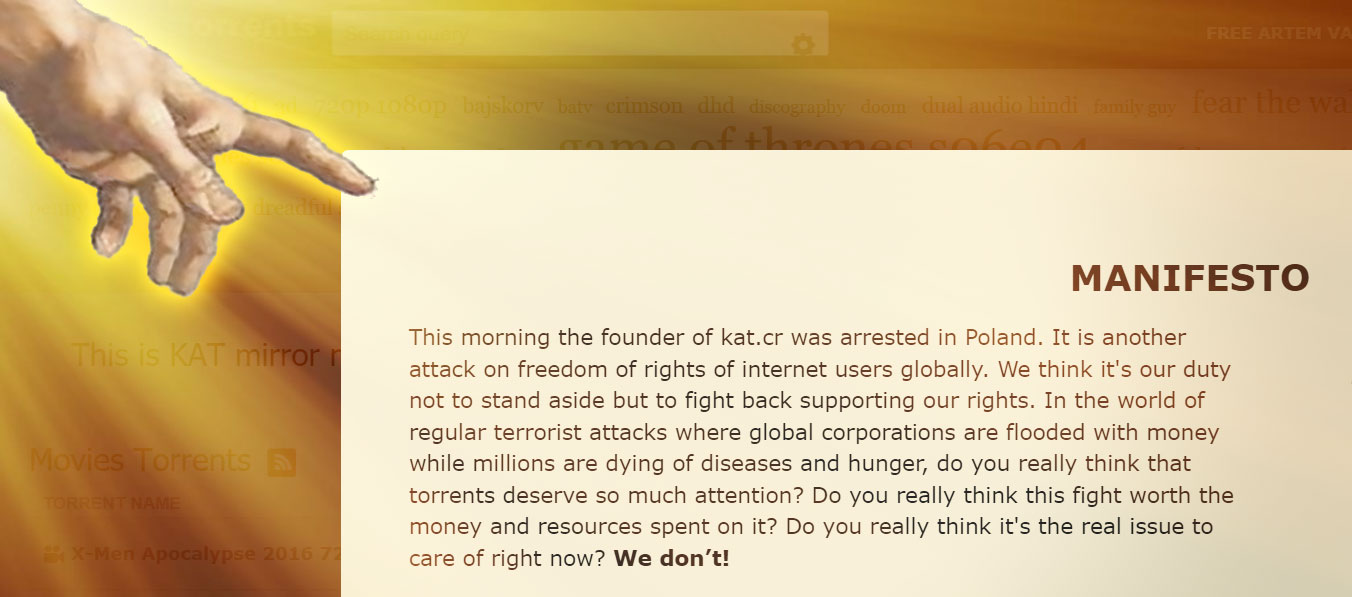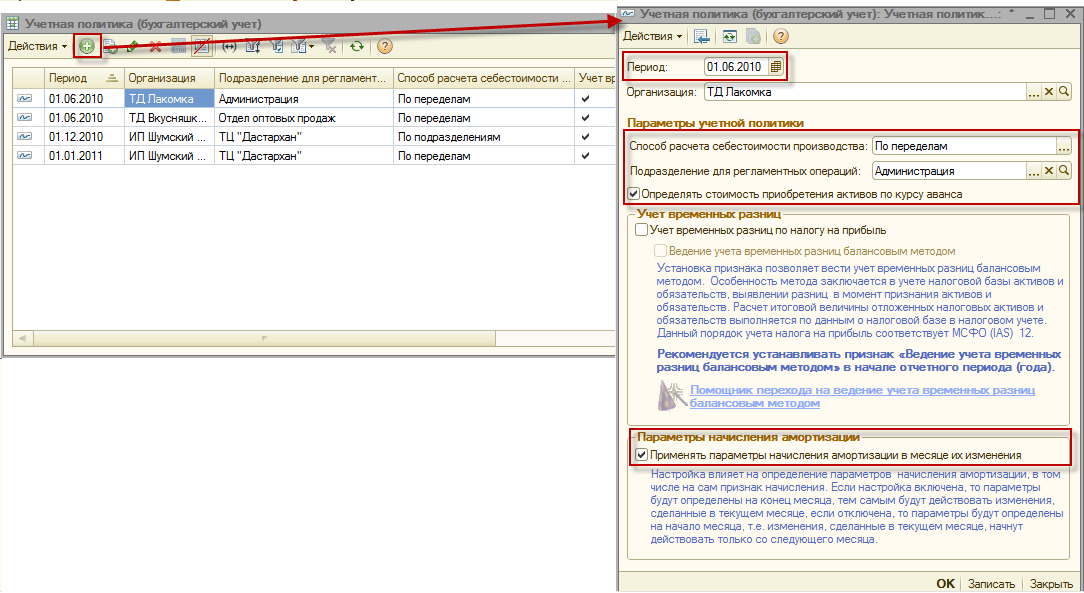The Police Discography Torrent Tpb Pirate

Dec 16, 2014 - Up until a police raid took it offline last week, it was the most popular place to. The Pirate Bay was the 97th most-visited website on the entire internet. For users to download the 'torrents' -- not the actual copyrighted content. Pirate Bay was first run by Gottfrid Svartholm and Fredrik Neij. Platform facilitating peer-to-peer file sharing among users of the Bit Torrent protocol. In Stockholm were raided and taken away by Swedish police for the first time. Pricing levels per song were between 99 cents and $1.29 and $9.99 per music album.
This article's use of may not follow Wikipedia's policies or guidelines. Please by removing or external links, and converting useful links where appropriate into. ( June 2016) () () Part of on Technologies • • • • Networks and protocols • • • • • • • • / • • • • • • Development and societal aspects • • • Non-public file sharing • • • • • • Websites and services • • • • • • • • • • Clients • • • • • Streaming • • • Academic/scholarly • • • • By country or region • • • • • Related • • • • • • Internet Party ( - - ) • • • • •.
Contents • • • • • • • • • • • • • • • • • • • • • • • • 1970s [ ] • 1976 – a point-to-point binary transfer protocol. • February 1978 – 's becomes the first. BBS access is limited to phone lines until the early 1990s. • 1979 – conceived by and at the. Its primary purpose is to facilitate focused discussion threads within topical categories (), but it also allows the transfer of files.

As of 2016 alt.binaries.* newsgroups continue to serve files. 1980s [ ] Most file sharing in this era was done by modem over landline telephone, at speeds from 300 to 9600 bits per second. Many file systems in use only supported. Computer memory and speed was very limited, with 50 MHz CPUs only being accessible to consumers at the end of the decade. • 1981 – – a binary protocol that can be used with or other systems to transfer binary data. • January 1984 – In, the finds that making individual copies of complete television shows for purposes of is.
 -----------------------------------------------------------|||| _____ __| _ ___ ___ ___ __|| ___ _ __||_||/ _ / /||||/ _ / __/ _ / _`|/ _ '__|| _| __/. ||| Hex Decoder - Decoding Hex, Oct and similars.
-----------------------------------------------------------|||| _____ __| _ ___ ___ ___ __|| ___ _ __||_||/ _ / /||||/ _ / __/ _ / _`|/ _ '__|| _| __/. ||| Hex Decoder - Decoding Hex, Oct and similars.
This case would create some interpretative challenges to courts in applying the case to more recent technologies available for use on home computers and over the Internet. • 1984 –, an inter- protocol that was widely available prior to IP based, is founded. • October 1985 – is standardized in, authored by Postel and Reynolds. FTP allows files to be efficiently uploaded and downloaded from a central server. • 1985 – – a minor improvement to. • 1986 – – another, which had superior long-distance (high latency) transmission.
• August 1988 – is created by Jarkko Oikarinen. 1990s [ ] FTP, IRC and Usenet were the main vehicles for file sharing in this decade. Data compression technologies for audio and video (like, AAC and MPEG) came into use towards the end of the 1990s. Copper wire was common with fibre optic cable only becoming available late in the decade. • 1990 - Michael Sandrof adds functionality to allowing users to share files.
• November 1990 – The is formally proposed. • December 1991 – The chooses an audio codec developed by and his colleagues at with input from and to serve as the MPEG-1 Audio Layer 3 (MP3) ISO/IEC standard. This allows songs on CDs to be converted into small computer files. • June 1992 - establishes the Multipurpose Internet Mail Extensions() standards for sending audio and images by email, paving the way for the alt.binaries hierarchy on. • 1992 – Software Publishers Association runs an anti-copyright infringement campaign • July 1994 - The released the encoding software as shareware, the first of its kind. • September 1995 - The released, the first software mp3 player for Windows. • June 1996 - Mp3 warez group founded.